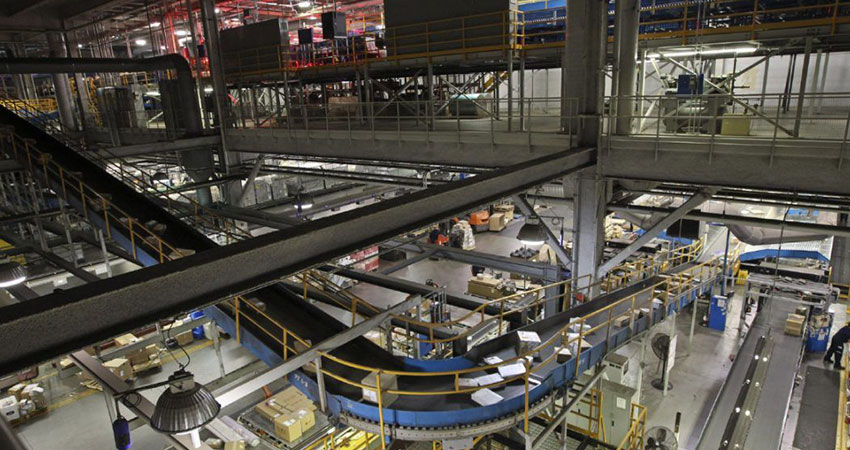The U.S. Supreme Court on Monday refused to hear a case involving FedEx which had the potential to set precedent by giving workers the right to join so-called “collective action” lawsuits when they live outside the state where the issue arose.
The case was closely watched by business groups, including the U.S. Chamber of Commerce, who feared that such a jurisdictional shift could lead to plaintiffs “venue-shopping” wage-and-labor cases to jurisdictions believed to be more favorable.
Christina Fischer, a security specialist for FedEx in Philadelphia, sued the company in 2019, claiming that workers in her position were misclassified as independent contractors who were not eligible for overtime pay under the Fair Labor Standards Act (FLSA). The case was filed as a collective action under the FLSA, meaning workers in the same position from other states could file to join as opt-in plaintiffs; two FedEx workers, from Maryland and New York, did so.
A federal district court judge in Pennsylvania ruled in 2020 against certifying the potential out-of-state plaintiffs. That court rejected Fischer’s argument that compared a collective action to a class action lawsuit, which doesn’t require plaintiffs to reside in the same jurisdiction. It does, however, require them to opt into a court action vs. being automatically part of a “class.”
The case went on to the Third Circuit Court of Appeals, which upheld the lower court’s ruling last July, leading Fischer to seek relief from the Supreme Court.
Monday’s refusal by the Supreme Court to hear Fischer’s case, was consistent with its 2017 ruling that prevented potential plaintiffs living outside California from suing Bristol-Meyers Squibb in a product liability case. That ruling was cited by the district court judge.
In arguing for the Supreme Court to hear the case, Fischer’s attorneys had noted that Circuit Courts were split on how the Bristol-Meyers Squibb ruling should be applied to collective actions under the FLSA. They also noted a sharp division among district courts, with 24 of them ruling that the Bristol-Meyers Squibb decision didn’t give out-of-state plaintiffs standing in collective actions, while 26 of them did.
With the Supreme Court passing on so-called certiorari, the lower court case can now proceed. It will determine whether Fischer and others in her position have been misclassified as contractors by FedEx and are thus due overtime pay. The SCOTUS petition was just about standing and jurisdiction of case actions under FLSA.
The worker classification issue has been heating up over the past few years. California’s controversial AB5 law that would reclassify gig workers as employees is now before a federal district court in Los Angeles, with trucker groups arguing against it. It landed there after the Supreme Court last summer refused to hear that case, as well.
The issue is also at the core of FedEx’s operating model of contracting with independent service providers (ISPs) for its Ground Service, who in turn employ their own drivers and sorters. FedEx Express workers are employed by the company.

